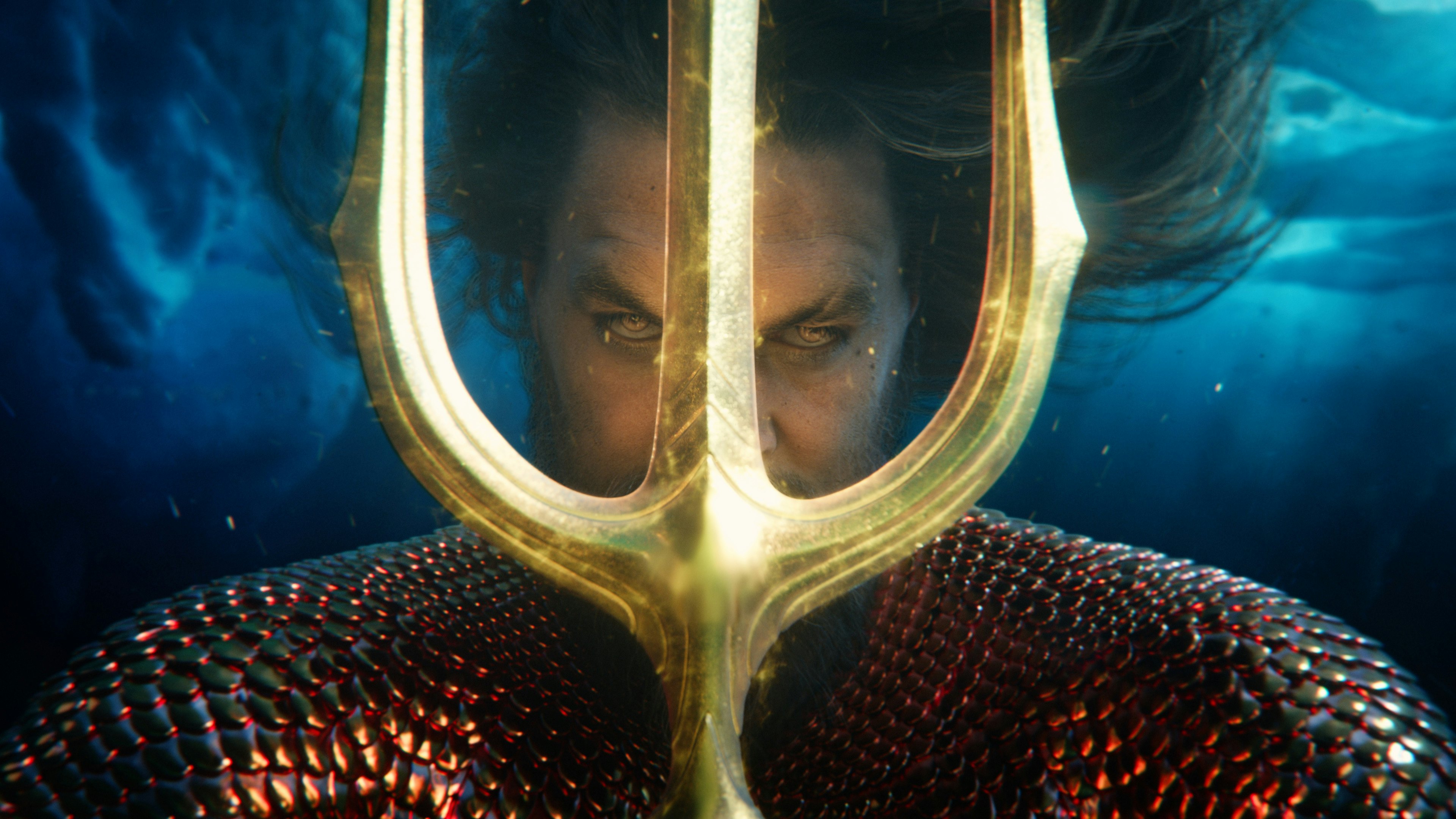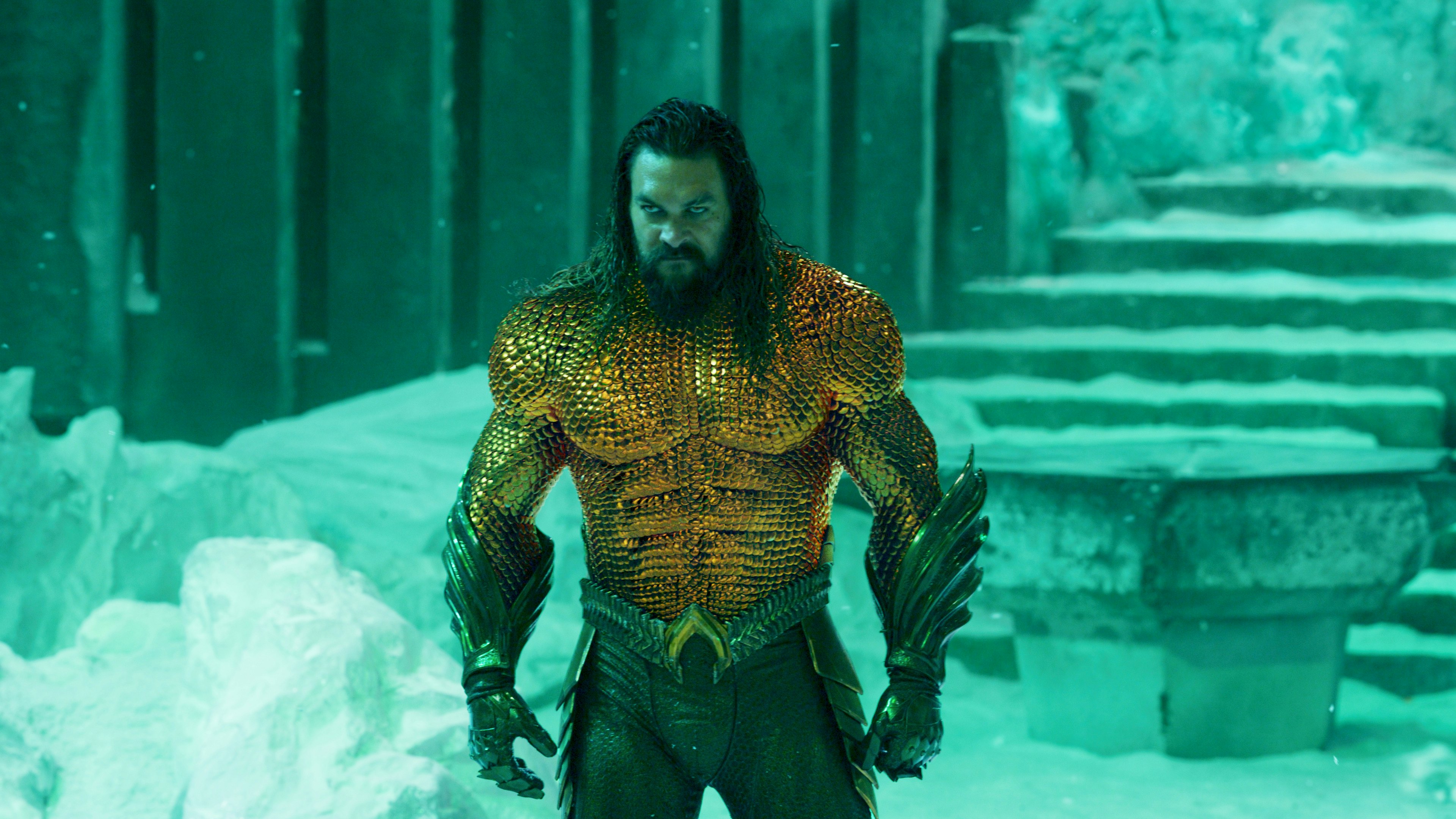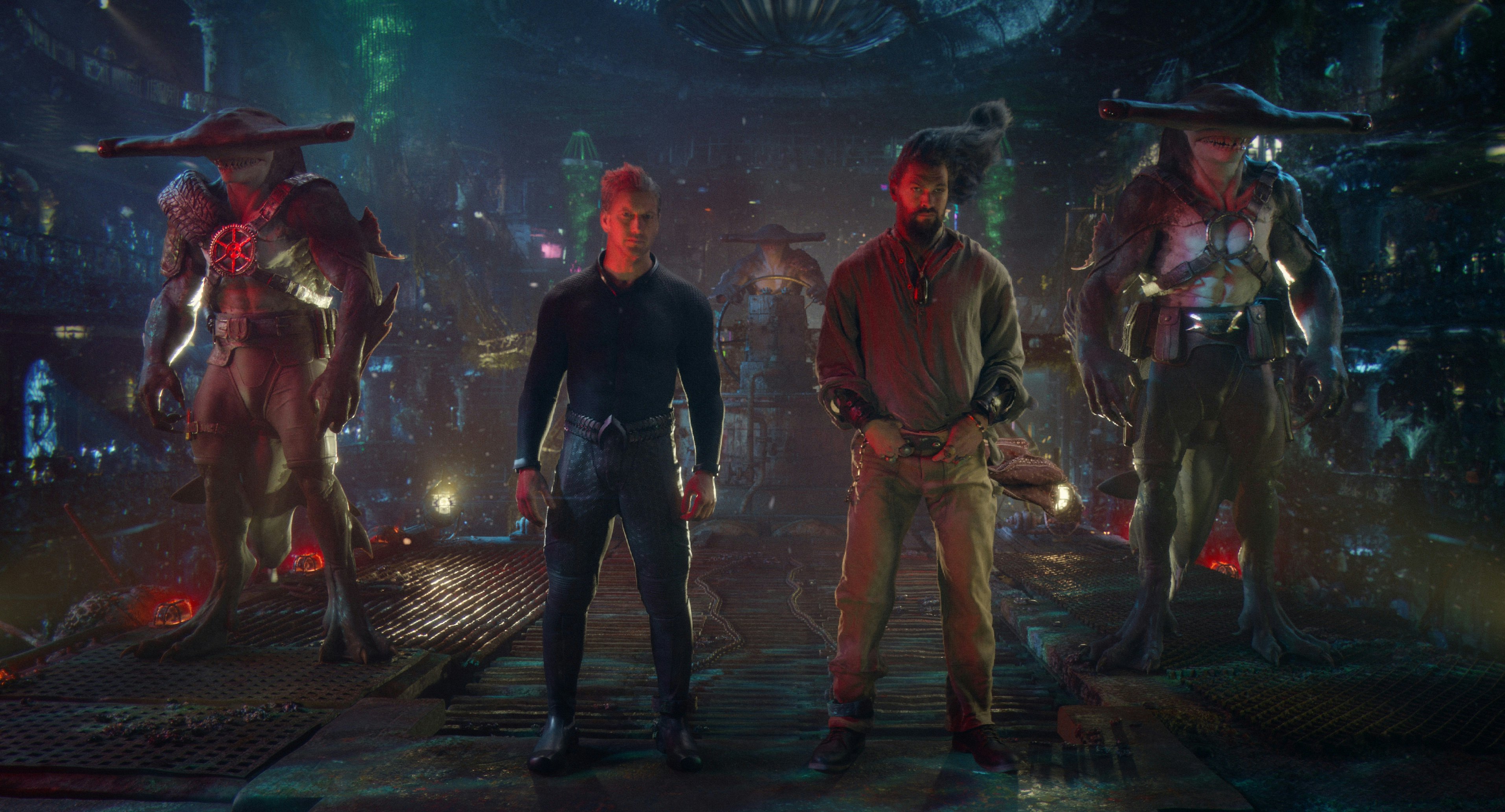
A little over 10 years after the DC Extended Universe began with Man of Steel, the long-troubled franchise has seemingly come to an end. As the new heads of DC Films, James Gunn and Peter Safran, have repeatedly made clear, the plan right now is to leave the DCEU behind. The construction of a new DC Cinematic Universe has already begun, and based on all current indications, it doesn’t look like there will be any room in it for Henry Cavill’s Superman, Ray Fisher’s Cyborg, Gal Gadot’s Wonder Woman, or Ben Affleck’s Batman.
It doesn’t even seem like Jason Momoa’s Arthur Curry will survive the transition. Indeed, despite being the lead of the most successful DCEU film to date, Momoa’s Aquaman already seems to have one fin out the door. The character’s latest big-screen adventure, this month’s Aquaman and the Lost Kingdom, has been billed as the DCEU’s final installment, a fact which led a not-insignificant number of fans to preemptively temper their excitement for it.
And what a last chapter it is. The James Wan-directed blockbuster is about as big, dumb, and knowingly goofy as a contemporary superhero movie can get. It leaves the DCEU in a place that couldn’t be farther from where it started. As jarring as that may be for certain fans, there’s also something fitting about that.

When the DCEU began, it was designed to be a grand, operatic, and — one could argue — overly somber franchise. It was meant to be a darker and grittier alternative to the Marvel Cinematic Universe. However, when both Man of Steel and Batman v Superman: Dawn of Justice received mixed responses, Warner Bros. did everything in its power to steer the DCEU toward a lighter path. Several months after Batman v Superman, it released Suicide Squad, which ranks high as one of the weirdest (in a derogatory way) and most tonally unsure comic book films ever made.
In the following years, Warner continued to experiment with the DCEU — releasing a string of more comedic, openly goofy superhero films. Some of them worked surprisingly well (Shazam!, Wonder Woman, Birds of Prey), but the franchise never achieved a sense of tonal or narrative cohesion after its far-from-perfect start. The DCEU continued to feel increasingly incoherent and disconnected — a trend that culminated this year with the releases of Shazam! Fury of the Gods, The Flash, and Aquaman and the Lost Kingdom.
Both Fury of the Gods and The Flash fell utterly flat on their faces critically and financially. Aquaman and the Lost Kingdom’s financial performance remains to be seen, but despite the lighthearted tone it shares with Fury of the Gods and The Flash, it feels like it exists in a totally different universe than both of them. In fact, none of them feel like they belong to the same franchise — let alone share a cinematic universe.

When you look at it with all that in mind, Aquaman and the Lost Kingdom actually seems like the perfect final chapter for a franchise like the DCEU. The would-be MCU alternative never really came together. For that reason, there’s something appropriate about it ending with a film like Aquaman and the Lost Kingdom, which frequently makes little sense and has no larger aims beyond entertaining you and making you laugh.
Despite the film’s own frivolousness, its position as its franchise’s last entry allows it to say more about the DCEU and its many flaws than the blockbuster was ever meant to. In the end, it turns out that the DCEU wasn’t ever destined to go out with a whimper or a bang, but a small, insignificant splash.







